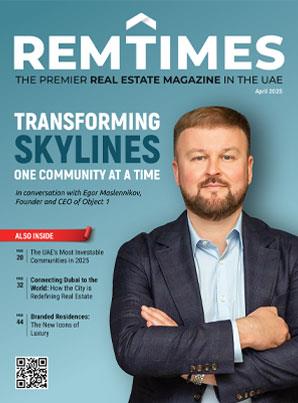


December 31, 1969 | | |

For industry updates mailed straight to your inbox, subscribe here!
Thank you for subscribing to Remtimes
Thank you for subscribing to Remtimes
Thank you for enquiry on Remtimes
Thank you for submit media kit on Remtimes
Something went wrong, Please try again later.
